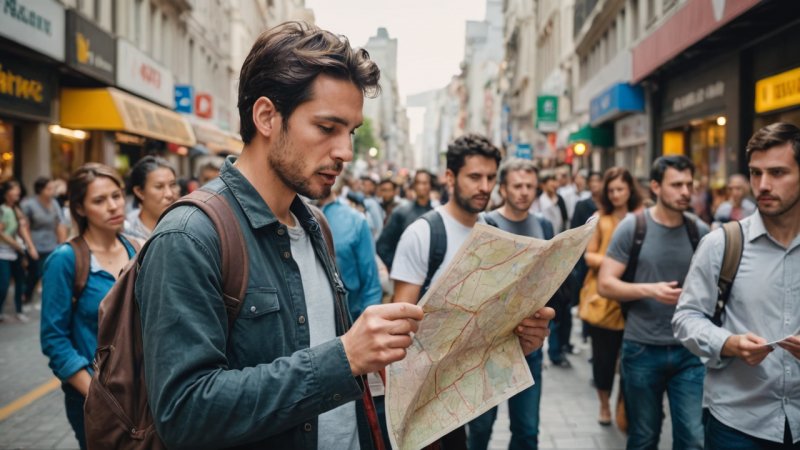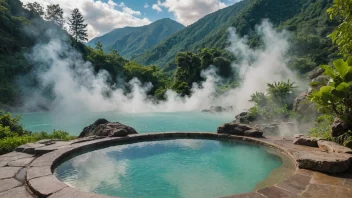Introduction
Traveling during periods of political unrest can be daunting, but with the right knowledge and preparation, you can ensure a safer journey. This guide will equip you with crucial steps to understand and mitigate risks associated with traveling in politically unstable regions. From research to emergency plans, we will cover everything you need to know to travel wisely during these challenging times.
Step 1: Stay Informed
Knowledge is your first line of defense. Understand the current political climate of your destination by following these tips:
- Check Government Travel Advisories: Look at travel advisories from your government, such as the U.S. State Department or your country’s equivalent.
- Follow Reliable News Sources: Stay updated on local news from reputable sources to get real-time information about any potential unrest.
- Engage with Social Media: Platforms like Twitter can provide immediate reactions and updates from locals.
Step 2: Assess Your Destination
Before you finalize your travel plans, assess the areas you want to visit:
- Identify Safe Zones: Research neighborhoods that are less prone to protests and violence.
- Avoid Hotspots: Stay away from areas known for protests or political gatherings.
- Understand Local Laws: Familiarize yourself with laws that may affect your travel, such as curfews or restrictions on movements.
Step 3: Create an Emergency Plan
Having a plan in place can make a significant difference in your safety. Follow these steps:
- Emergency Contacts: Compile a list of local emergency numbers, including the police, embassy, and hospital contacts.
- Local Embassy: Know the location and contact information of your country's embassy or consulate.
- Communication Plan: Establish a way to stay in touch with friends or family back home, like regular check-ins via messaging apps.
Step 4: Stay Flexible
Flexibility can be key in navigating travel during unrest:
- Plan for Changes: Be prepared to change your itinerary if conditions change rapidly. This may include altering routes or rescheduling flights.
- Be Mindful of Transportation: Have alternative transportation modes available, as public transit may be affected.
- Choose Accommodations Wisely: Opt for hotels that have a good reputation for safety and are located in stable areas.
Step 5: Trust Your Instincts
Your intuition can often be your best guide:
- Listen to Your Gut: If something feels off, it’s okay to change your plans or seek a safer environment.
- Observe Your Surroundings: Stay aware of your environment and the people around you. If tensions seem high, consider leaving the area.
- Seek Local Advice: Consult locals or hotel staff about areas to avoid and current safety conditions.
Step 6: Stay Calm and Collected
Staying calm during uncertain times can greatly influence your ability to respond effectively:
- Practice Mindfulness: Engage in calming exercises or mindfulness practices to reduce stress.
- Keep Essentials Handy: Have your ID, emergency contacts, and some cash easily accessible.
- Stay Connected: Keep your phone charged and have a power bank available to ensure you can communicate if needed.
Summary
Traveling during political unrest doesn't have to be a perilous adventure. By staying informed, assessing your destination, creating an emergency plan, staying flexible, trusting your instincts, and maintaining calmness, you can navigate challenging environments with confidence. Always prioritize your safety and remain vigilant, and you will be better prepared to handle any situation that may arise.






